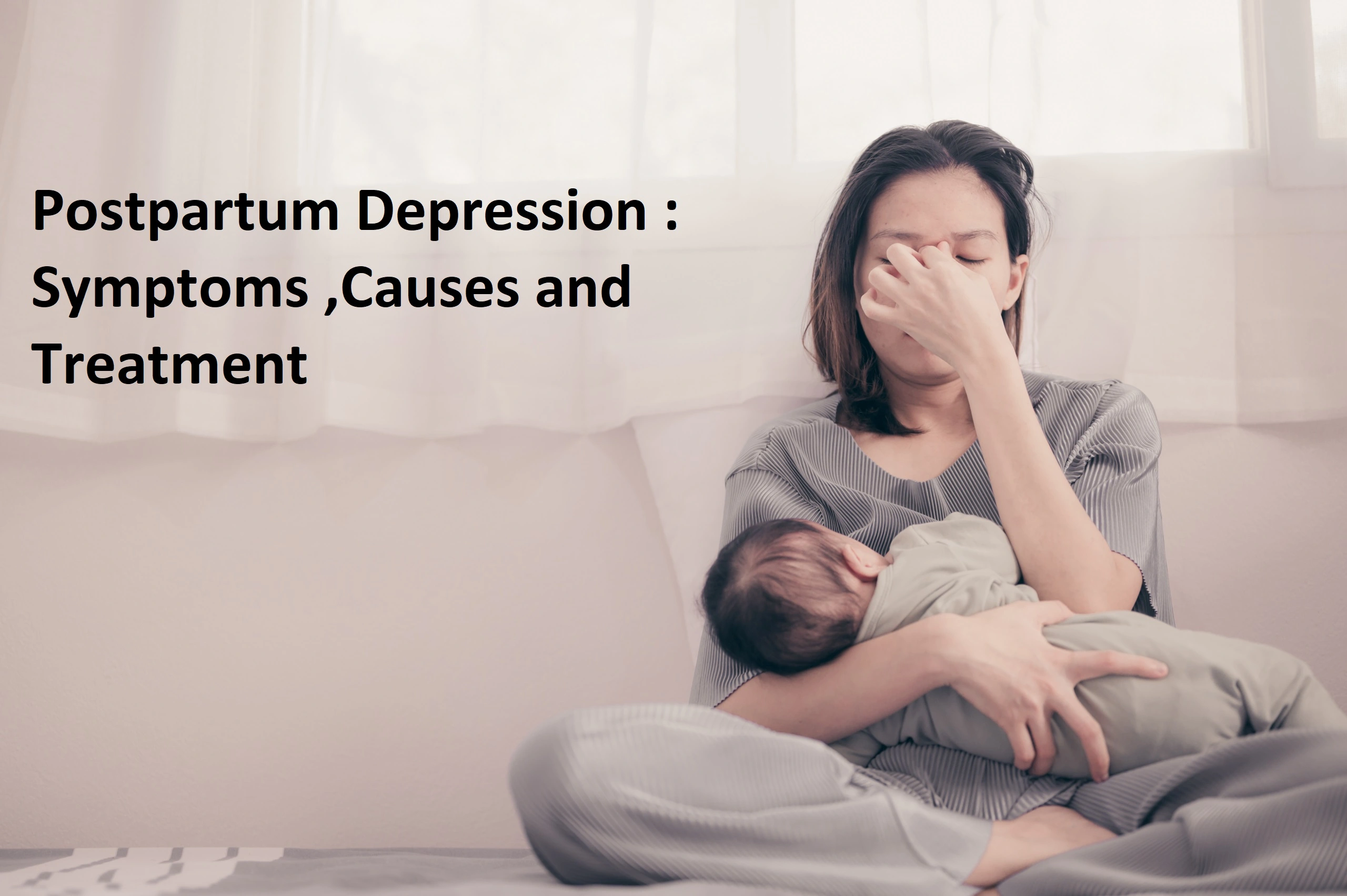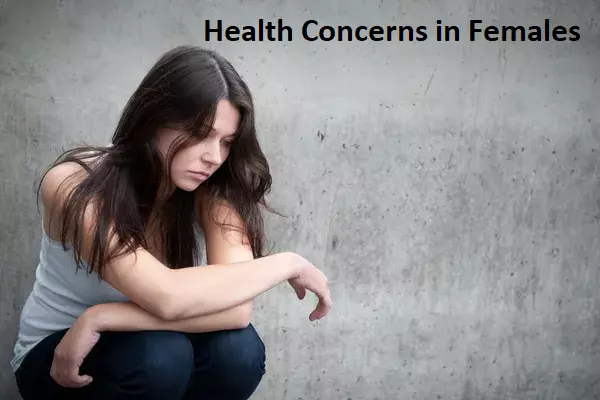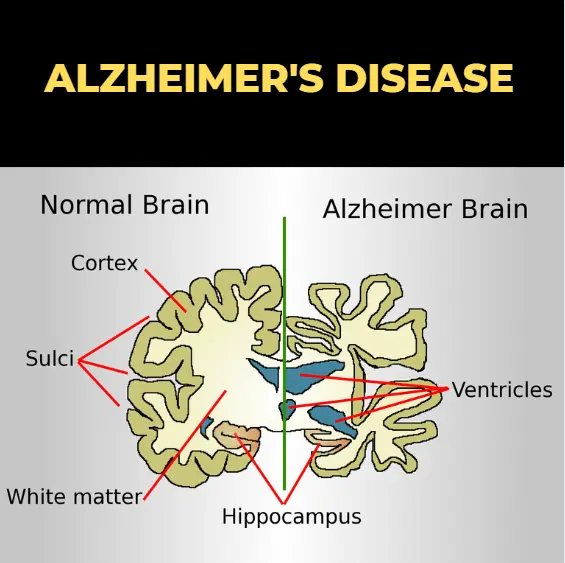
Postpartum Depression : Symptoms ,Causes and Treatment
Women go through highly traumatic experiences while giving birth. No matter how much joy you feel after holding your child, you might feel a splurge of emotions weighing you down for no reason.
Many women face extreme emotions after having a baby. We call it ‘Baby Blues,’ where women feel mood swings, fatigue, and feelings of emptiness right after giving birth for a few days.
But what happens when these emotions reach their peak and interfere with your ability to function in life? We call it Postpartum Depression.
Postpartum Depression is a medical condition that affects 1 in 7 women after giving birth. It lasts for weeks or even months. It is connected to physical, social, psychological, and chemical changes while a mother embarks on the journey of motherhood.
A new mother feels overwhelmed and distressed. Above all the new role that has been given to her brings new responsibilities and expectations. Additionally she feels tired and trapped and experiences difficulty in bonding with her baby. That leads her to give up on everything and sometimes on life.
Postpartum Depression should not be left untreated as it can become worse. It affects the mental health of the person, her baby, and the people around her. The doors of counseling and therapy are always open.
Let’s find out if the person is suffering from Postpartum Depression.
Symptoms of Postpartum Depression
Symptoms of postpartum depression can make it difficult to bond with your children and complete daily tasks. It begins a few weeks after delivery and might linger for months or even years. The following are some of the indications and symptoms of postpartum depression:
- Loss of appetite
- Sleeping problems
- Depressed moods or mood swings
- Difficulty in making bonds with your child and family members
- Lack of energy
- Having anxiety and panic attacks
Treatment of PPD
Medication, counseling, and therapy are all options for treating postpartum depression. Although the symptoms may lessen over time, it is essential to continue treatment once healed. A recurrence could occur if you stop treatment too soon.
Psychotherapy
The initial step in treating PPD should be psychotherapy instead of drugs or medication. Mental health counseling or talk therapy is also know as psychotherapy.
- Cognitive Behavioral Therapy is one strategy that psychotherapists use for treating PPD. This method assists people in examining their mental patterns and counterproductive behaviors. A CBT therapist can assist you in reviewing your thoughts and replacing them with more positive self-talk.
- Interpersonal therapy is another successful therapy that targets interpersonal issues that influence depression. The therapy requires obtaining information regarding a person’s depression and interpersonal experiences for 12 to 16 one-hour weekly sessions.
Drugs or medications
Drugs or medications can also treat PPD with drugs like antidepressants. It affects neurotransmitters that carry signals to the brain. Fluoxetine, Sertraline, Bupropion, and Desipramine are some of the antidepressants available. It might take some weeks for antidepressants to become fully effective, so you have to be patient with it. If still, you are unable to get the relief, you should consult your doctor.
CONCLUSION
Postpartum depression is quite common and can be disastrous for the mental health of new mothers. Without proper treatment, it might worsen, and symptoms might intensify, making it difficult for both the mother and infant.
Anyone who has been depressed or has symptoms should seek a doctor’s advice.



